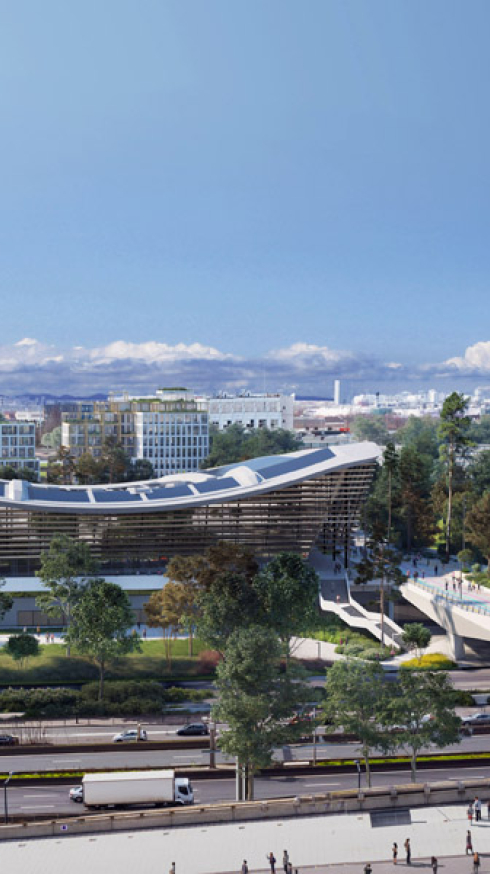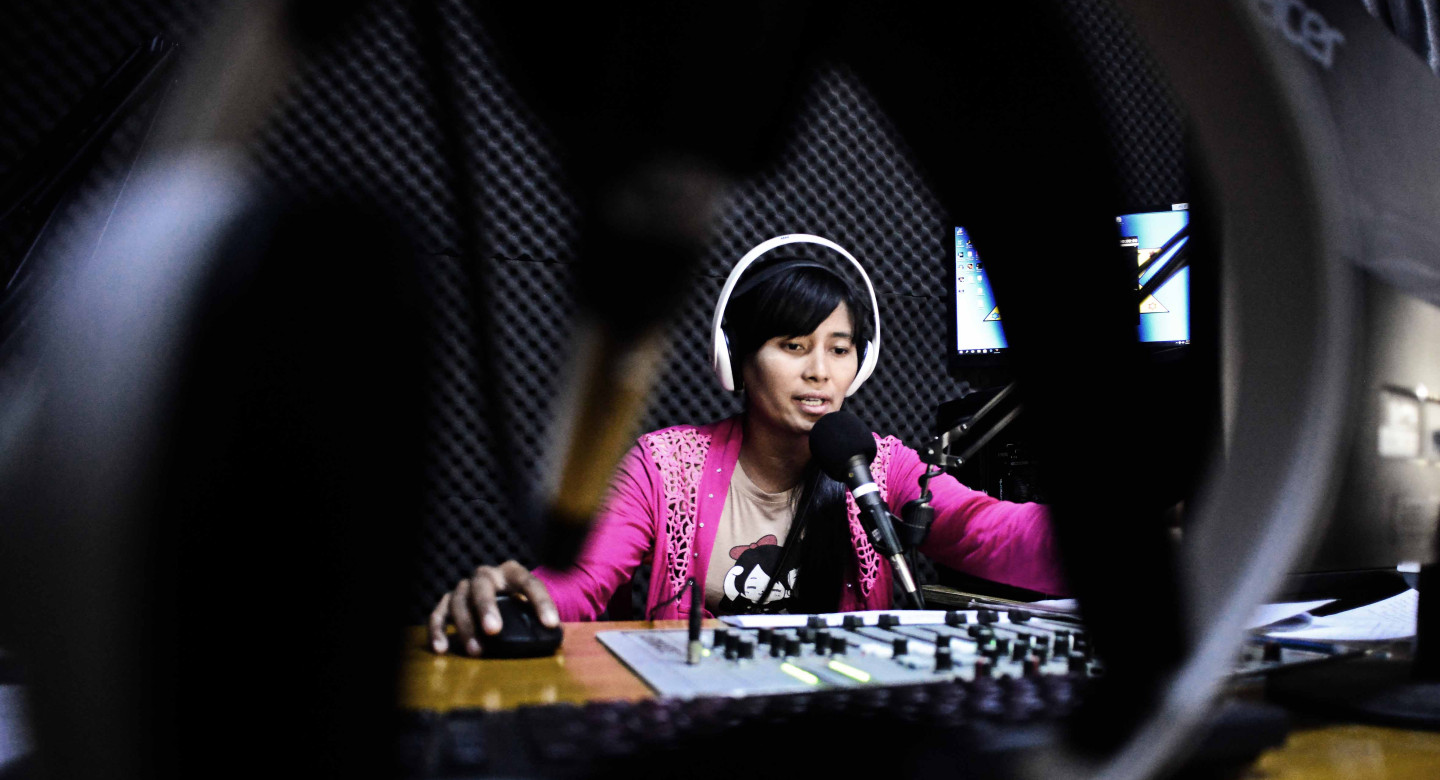

Article

Last week, the World Press Freedom Conference (WPFC) Digital Edition took place in The Hague. The Youth Newsroom has been a part of the conference since 2012. As WPFC 2020 co-host, the Netherlands provided Youth Newsroom participants with preparatory coaching for the first time. The coaching sessions took place under the auspices of the Influentials’ Programme organised by the Netherlands Enterprise Agency on behalf of the Ministry of Foreign Affairs. In the lead up to the conference, fifteen participants from all over the world followed training sessions on writing powerful articles, storytelling, and producing exciting content in multiple formats. The participants were selected via UNESCO, Dutch universities and colleges and Dutch embassies. They each produced their own video on What Press Freedom means to them.
Why should a conference attended by seasoned journalists from established media set up a Youth Newsroom for aspiring journalists embarking on their careers? The answer is the newsroom gives the youth a stronger voice during the conference. Young people take a fresh look at the challenges facing journalists and press freedom today. It is also a learning experience, an opportunity to exchange ideas and to build a community beyond the conference itself.
After a hectic week, one of the participants, Dena Rachman from Indonesia described the newsroom experience. Dena is an entrepreneur, actress and gender equality activist. She runs her own modelling agency, clothing line and YouTube channel Bebitalk (Free Speech Talk). In her video message she said:
“For me freedom of press means exercising our rights to speak up and to be heard.”
As a trans woman, her motivation to fight for gender rights is personal. Dena was a well-known child star, after her transition there appeared to be no room for transgenders on mainstream media. However, when her transition became public, the media frenzy made her realise she could give a voice to the voiceless. Since then, she has worked with NGOs UNDP, ILO, Hivos and Rutgers and set up Bebitalk as a safe platform to educate and discuss LGBTI+ and SRHR issues which are too controversial for mainstream media.
The Youth Newsroom media training provided by the RNTC Media Training Centre and visual communication agency BroekhuizenWirtz has taught her better storytelling techniques, how to deliver the truth, and how to make her message more engaging and effective. The Free Press Unlimited session taught her how to ensure digital security. By working in duos, participants could brainstorm and give each other feedback. The opportunity has also helped her network.
“I was so happy to work with the other young journalists. I learnt a lot from them too. We were all from different cultures and had different points of view. So it broadened my horizon.”
The impact of the Youth Newsroom has motivated Dena even more to pursue a career in the media. She feels she has a mission to speak up for marginalised groups. She will also continue to campaign on LGBTI and gender rights. She hopes to make documentary in the future, possibly in collaboration with the Transketeers, a media collective of trans men in Utrecht, who she was able to speak to thanks to the programme.
“You need to tell an authentic story. Diversity in media is about telling the truth. It is impossible to tell the whole story without covering the many facets of the truth.”
Becoming a journalist have never been more daunting. Between 2006 to 2019, over 1,100 journalists lost their lives in pursuit of a story, but only 1 in ten cases have been prosecuted. Journalists have always faced violence and corruption. This year, COVID-19 and the fake news ensuing from the pandemic have added to the pressures. Moreover, online threats and intimidation, especially against women in the media, are on the rise. It is no wonder that slogan for the 2020 World Press Freedom Conference is without fear or favour. Dena sums up the importance of the press freedom:
“What journalists do and press freedom is so essential to telling the truth. It is what the world needs to hear.”
For the last ten years, the Netherlands has featured in the top 5 of the World Press Freedom Index 2020. However there is no room for complacency, we too have to redouble our efforts to ensure we continue to uphold the standards we propagate. It is one of the reason’s the Netherlands Enterprise Agency invites journalists from all over the world every year to take part in the Influentials’ Programme on behalf of the Dutch Ministry of Foreign Affairs. Next year’s World Press Freedom Conference will be co-hosted by Namibia, the Netherlands hopes that it has set a precedent to be followed up by subsequent WPFC host countries, so that coaching becomes a permanent fixture of the Youth Newsroom.
Photo: Myanmar by Chris Peken for UNESCO WPFC2020
Want to know more about how you can work together with the Netherlands to achieve your goals? Or how you can help contribute to or spread the word on campaigns, events and initiatives? Contact us directly at info@nlplatform.nl so we can help you connect to the right people.